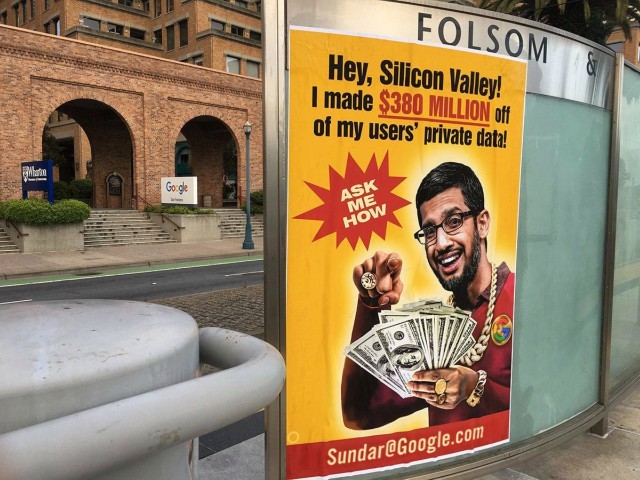A recent report from the Director of National Intelligence has unveiled that the U.S. government is buying vast quantities of Americans’ personal data generated by our cars, smartphones, and web browsers, mirroring the results of intrusive surveillance techniques and posing significant threats to privacy.
The Wall Street Journal reports that the U.S. government is exploiting commercially available information (CAI) to learn everything it can about private citizens. This data, sourced from cars, phones, and web browsers, has become so extensive that it replicates the results of intrusive surveillance techniques such as wiretaps, cyber espionage, or physical surveillance.
In response to a request from Senator Ron Wyden (D-OR), Director of National Intelligence Avril Haines ordered the report. He demanded that the intelligence community explain and make known how it makes use of CAI. The results were shocking.
“In a way that far fewer Americans seem to understand, and even fewer of them can avoid, CAI includes information on nearly everyone that is of a type and level of sensitivity that historically could have been obtained,” the report stated.
The data goes far behind simple information. It includes the thorough trails left behind by smartphones and their apps, social media sites, cars, and location-tracking gadgets like fitness watches. The report issued a caution, stating that such detailed information can now “cause harm to an individual’s reputation, emotional well-being, or physical safety.”
The report urged the intelligence community to improve its acquisition-related policies, practices, and safeguards. It also brought attention to how the intelligence community lacks transparency and oversight when it comes to the acquisition of private information.
The report also acknowledged that few policies address the collection of such data and that the U.S. government has the ability to assign personal identities to the data. Wyden stated: “If the government can buy its way around Fourth Amendment due-process, there will be few meaningful limits on government surveillance.”
Read more at the Wall Street Journal here.
Lucas Nolan is a reporter for Breitbart News covering issues of free speech and online censorship. Follow him on Twitter @LucasNolan



